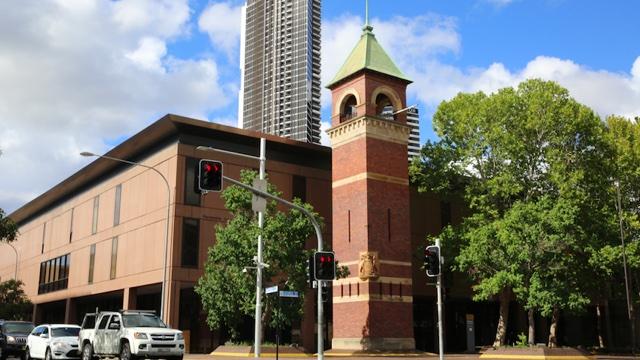For some years I’ve been using the movie Burn, a movie production commissioned by Legal Aid NSW, in my Legal Interpreting class at Western Sydney University. It has proven to be an invaluable aid in helping students understand the arrest process from a suspect’s point of view, from the initial police arrest to the final charging of an offense.
Legal Aid NSW originally produced the movie to highlight the need for young people to not be mixed up in the wrong crowd, because bad associates can easily get you into legal hot waters through what’s called Joint Criminal Enterprise (JCE).
Since I don’t specifically talk about JCE when I use the movie in my class, I thought I’d talk about it here and send this link to my students so they can read about JCE, that way I also honor the original purpose of this movie as intended by its producers.
Joint Criminal Enterprise, (‘enterprise’ in the sense of an endeavour), is where a group of people explicitly or implicitly agree to jointly engage in a criminal activity, and it’s reasonably foreseeable that some outcome may occur during the commission of that offence. All members of the JCE can be charged with the same offence even if a member did not physically carry out a particular act (in the movie, Tee did not stab the victim, but he was charged with murder just the same).
For example, 4 people decide to gang up on a victim to beat him up. During the beating, someone kicked the victim in the head causing his head to hit the hard floor. Bleeding in the brain followed, then soon after the victim died.
When arrested, all 4 suspects denied kicking the victim in the head, all said that they punched the victim in the arm and shoulder only, avoiding all vital organs, blah blah...😝 You can see that it then becomes almost impossible for the prosecution to prove, beyond reasonable doubt, that the fatal kick came from one particular person. If there was no doctrine of JCE, it would mean that all 4 suspects would probably walk free.
Therefore, one way that the legal doctrine of JCE works is to prevent people who commit a crime in a group from trying to blame other group members so as to generate reasonable doubt for themselves.
If a person realises that his friends are about to rob someone or beat someone up, this person decisively walks away and says “I want to be no part of this!” then the person will not be considered part of the JCE. If he stood by and did nothing while others went off to commit the crime, that would be okay too. However, as soon as the person becomes aware that a crime is about to occur, and that person *knowingly* takes action to join in (e.g. help out somehow, like go and look for a stick to give it to another group member or something), the person then runs the risk of being considered as part of the JCE.
The argument for having JCE is firstly, in the case of my example of a fatal kick to the head, the prosecution will likely not be able to prove beyond reasonable doubt that it was Member #4 and not Members #1-3 that was responsible for the fatal kick. With JCE, the prosecution need not prove beyond reasonable doubt which particular group member was responsible for which specific kick.
Secondly, from a moral culpability point of view, if a person at the critical point in time of when a crime is about to go down says “I want no part of this” and walks away, the other members may decide not to go ahead with the criminal activity. Likewise, the other members might be making up their mind about whether to commit a crime or not, and when they see you jumping in to help, this may firm up their determination to put their criminal desire into action.
So the morale of Burn is to walk away immediately when you realise your friends are up to no good. Don’t be afraid that your friends might be offended by you leaving, because the alternative is possibly you facing criminal liability for their criminal act, and nobody wants that!
Disclaimer: I'm not a lawyer, this is just my own babble and should in no way be considered legal advice. Do not get legal advice from some random blog 😅!
© 2022 Kenny Wang, PhD
Certified Specialist Legal Interpreter (English <> Mandarin)
Lecturer in Interpreting and Translation at Western Sydney University


